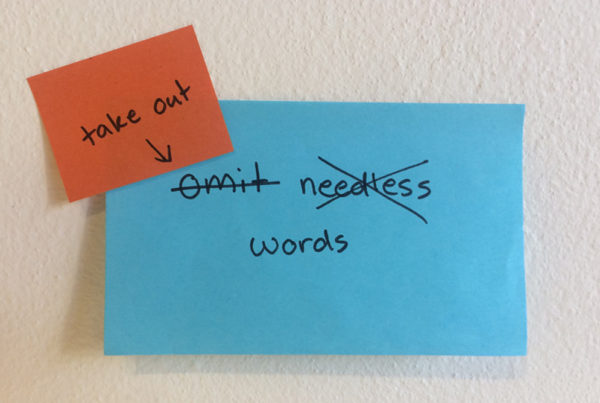
Councils in Queensland lay out plans to wipe out mobile blackspots. Image: The DEMO Conference
Local governments in Queensland have called for a “quick fix” for slow internet speeds and poor mobile coverage resulting from mobile blackspots in the state’s communities.
The call comes from the Local Government Association of Queensland (LGAQ) at its 119th Annual Conference in Toowoomba, where councils voted to lobby the state and federal governments and the National Broadband Network (NBN) to address the high number of blackspots in their regions.
These blackspots present a significant problem for communities in remote areas, which put residents, travellers and even council employees at risk of being in complete solitude in emergency situations.
According to the LGAQ, residents in rural areas frequently complain their internet service is too slow, drops out regularly, does not connect or reduces or stops once monthly limits are reached.
“Mayors and councillors of rural shires and regions said the ‘deplorable’ service needed to be fixed urgently to improve communications during emergencies, boost the efficiency of farms, mining projects and other businesses, assist remote school or university students and ensure hospitals and clinics can provide services such as tele-health for remote clients,” the LGAQ said.
Quality telecommunications would vastly improve the financial, social and mental welfare of residents living in the 80 per cent of the state that is drought-stricken, councils said.
As part of the LGAQ’s campaign to improve phone coverage in local communities, the peak body will also lobby the Commonwealth to speed up the rollout of the Mobile Blackspots Program.
The LGAQ will ask for the timeframe of the construction of new telecommunication towers to be reduced from three years to one.
According to the Association, this desired time cut is even tighter than its previous efforts to cut the timeframe from four years to three.





